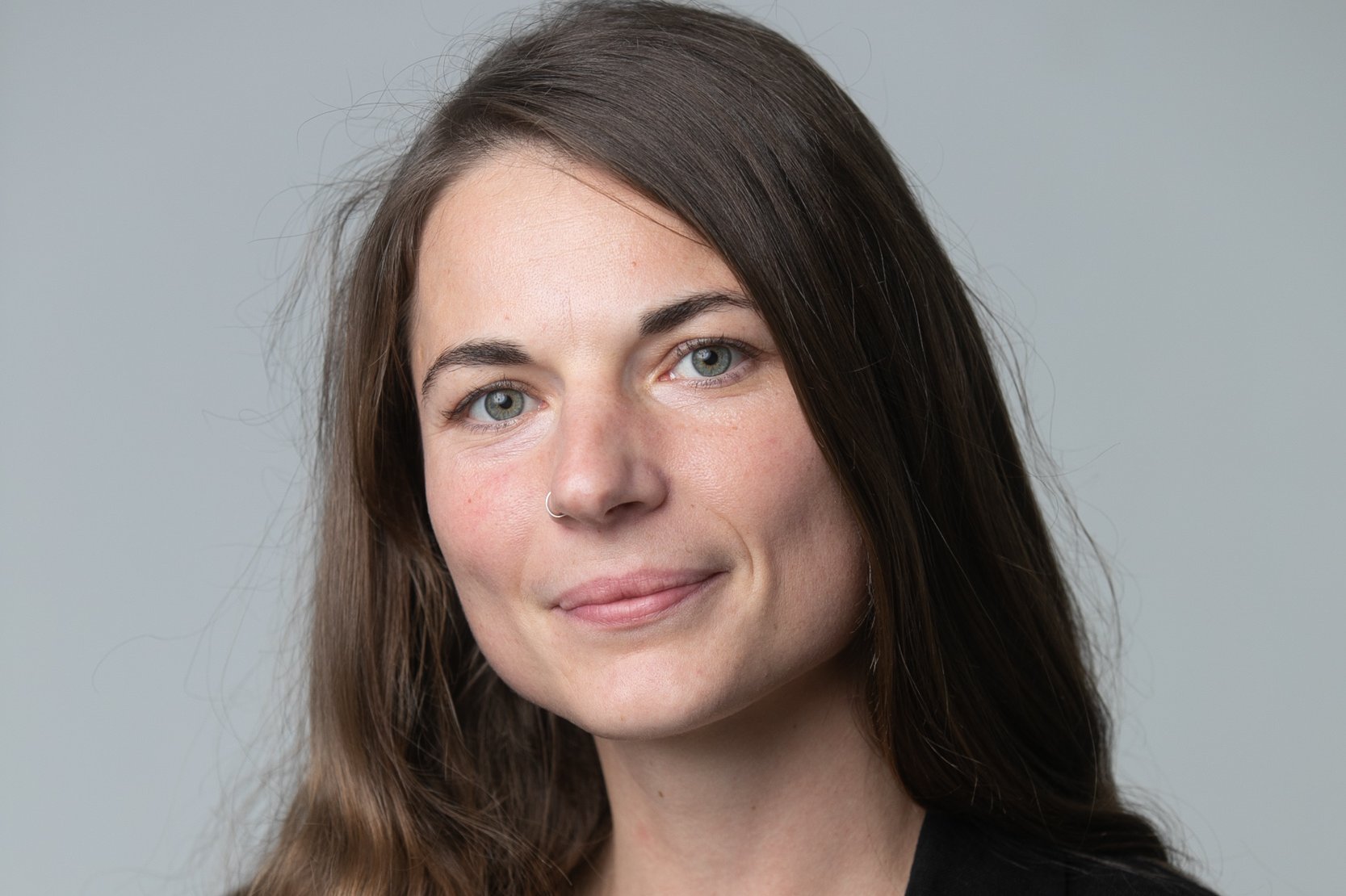
(Vienna, 19-01-2023) Daniela Berger has been awarded the Ministry of Science's Würdigungspreis (state appreciation prize for the best diploma and master's degrees) for her outstanding academic achievements and diploma thesis at MedUni Vienna's Centre for Biomedical Research and Translational Surgery.
Daniela Berger received the award for her dissertation thesis "Macrophage and Fibroblast Interaction with Hydrogels derived from Placental Isolates". Hydrogels from decellularised tissue imitate the natural environment of cells and are already widely used in regenerative medicine. However, the mostly animal origin often leads to undesired immune reactions and limits the success in clinical application. The placenta - a human, constantly available and clinically relevant tissue - represents a promising source for diverse biomaterials. At MedUni Vienna's Centre for Biomedical Research and Translational Surgery, research into the production of hydrogels from human placental tissue has been ongoing for several years under the direction of Karl H. Schneider. In Daniela Berger's study, hydrogels made from the extracellular matrix of decellularised placental isolates (amnion, chorion, basal and umbilical cord tissue) were investigated with regard to their biocompatibility and cellular interactions with macrophages (immune cells) and fibroblasts (cells of the connective tissue). Various methods were used to analyse the effects of the hydrogels on the survival and adhesive properties of the cells. Among other things, it was possible to determine the positive effects of the placenta hydrogels on the viability of the fibroblasts. In a next step, the biomaterial properties of the gels were modified by acid hydrolysis, which led to a change in the adhesive behaviour of the cells. Furthermore, the placenta hydrogels were used as an additive to a commercial bioink and 3D constructs with viable cells were 3D printed.
In summary, the placenta hydrogels show great potential for future clinical applications in regenerative medicine due to their compatibility with macrophages and fibroblasts, their human origin and their good availability.
About the Appreciation Award
The State Prize is awarded annually to the 55 best diploma and master's degrees at all Austrian universities, universities of applied sciences and universities of teacher education (out of a total of about 16,000 degrees annually). The proposals are submitted by the universities, the Conference of Private Universities, the Conference of Universities of Teacher Education and the Conference of Universities of Applied Sciences. The Award of Appreciation was first presented in 1990.
About the person
Daniela Berger studied Tissue Engineering and Regenerative Medicine at the University of Applied Sciences Technikum Wien. Her dissertation was written at the Centre for Biomedical Research and Translational Surgery at the Medical University of Vienna under the supervision of Karl H. Schneider and Barbara Kapeller. Ms Berger is currently working in Peter Valent's research group at the Department of Internal Medicine I at MedUni Vienna.